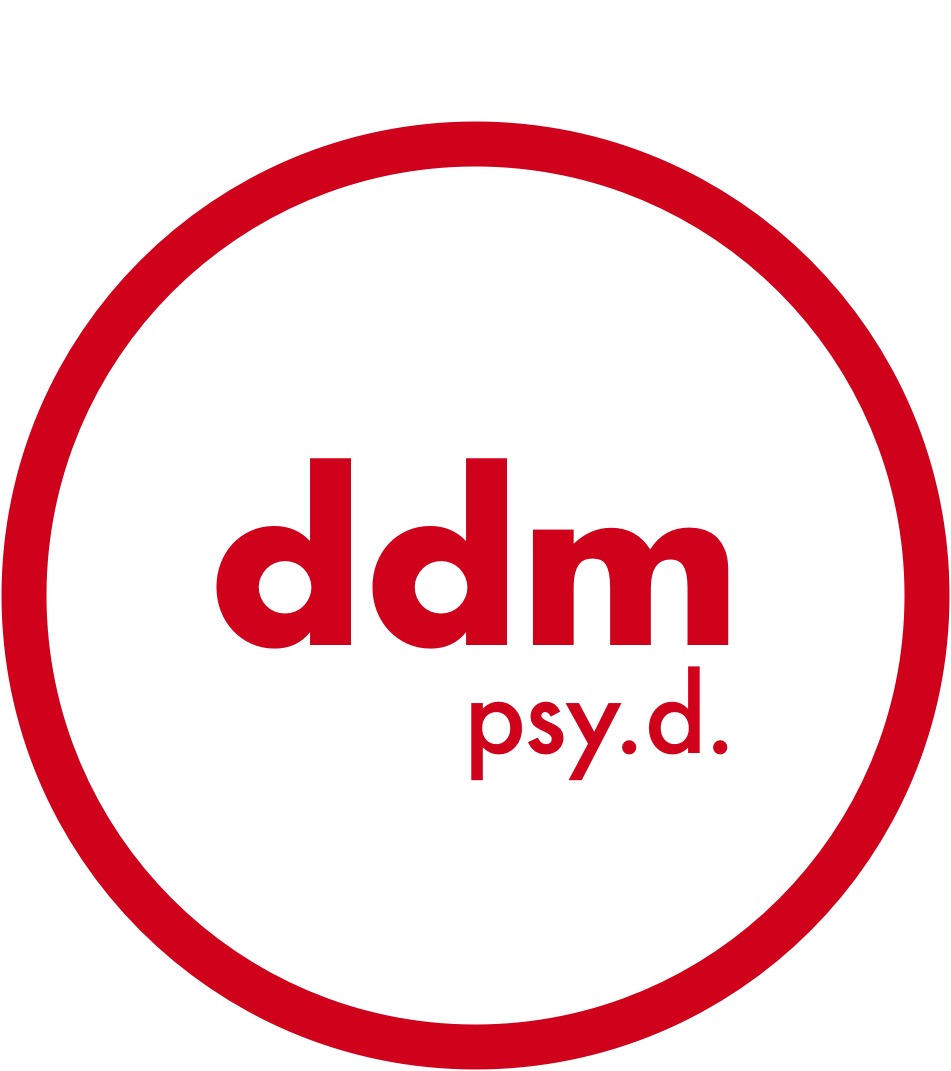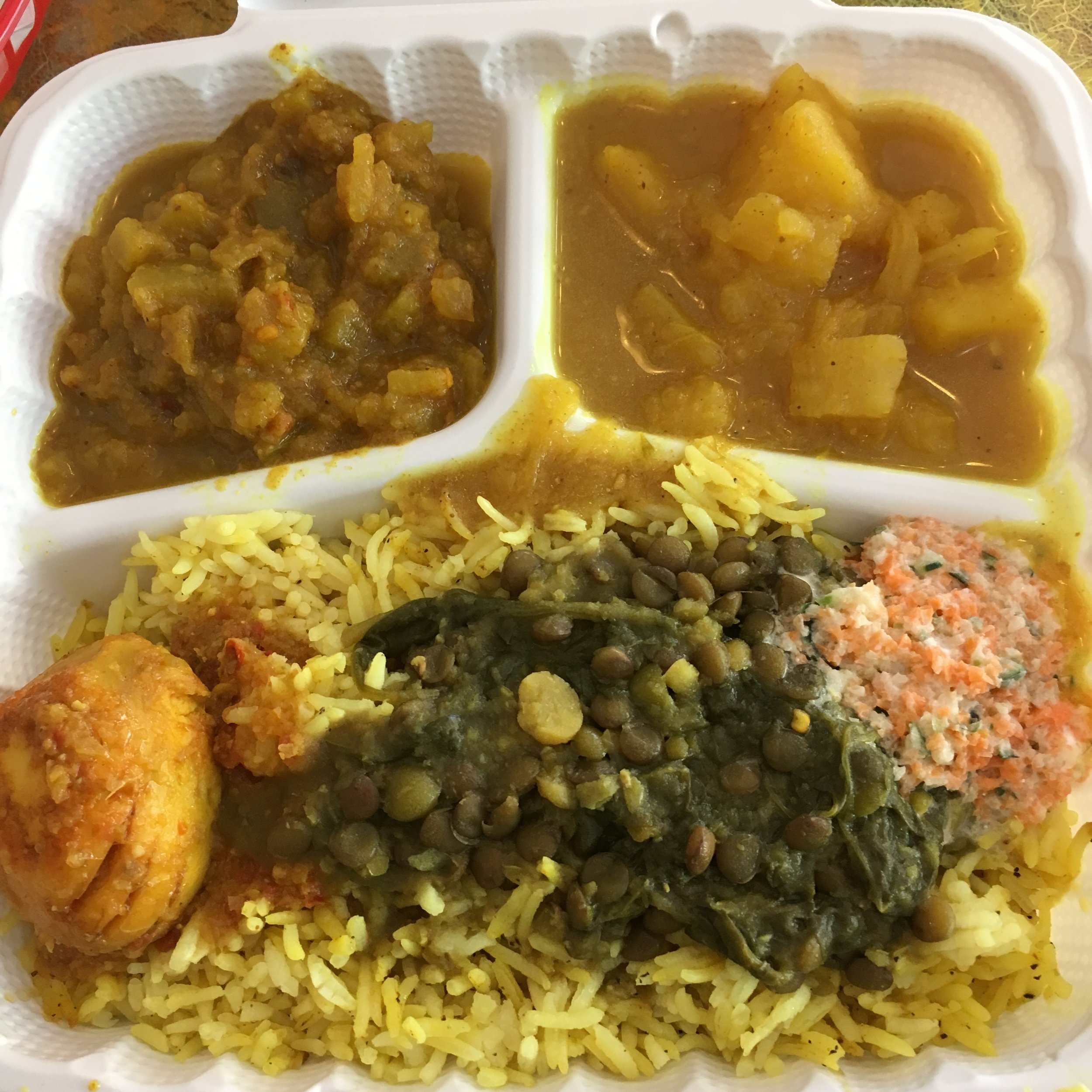Summer has wrapped up and (hopefully) we had lots of experiences between June and now. We’ve eaten out and stayed in hotels, we’ve purchased items for our trips and acquired souvenirs on them. Thanks to the hyperconnected web of our cell phone location tracking capabilities, our credit and debit card expenditure records, and our enquiry and purchase histories we are likely being flooded with requests to review our recent experiences and/or purchases. Every time I receive one of these requests, I squirm a little for so many reasons.
Reviews and comments are so personal. What I might love, you might despise and there is little in the typical online review or comment that gives us any context to know this. Reviews and comments are also linked to the moment within which they are penned which inherently ties them to the emotions, experiences, and bias’ of their author in a particular space in time. These factors, plus the relative ease and anonymity afforded by our current online culture of review, make it likely that many of these tomes are written with little regard for the impact they may have. As with so many other parts of our digital interactions, we toss loaded words out and then quickly move on, never observing the impact of the bombs we have lobbed.
This seems especially true when considering reviews written from elevated emotional or reactive states. The old adage “Don’t let the sun go down on your anger” takes on an entirely new meaning when considered alongside today’s reviewing culture. Had a bad day followed by a slower table service than you’d prefer? Bring the full weight of your frustration to your review when prompted to write one as you depart the restaurant. Experience a failure of communication between yourself and the person painting your house? Take to the Internet to express your disappointment. Had to wait a little longer than you’d hoped for your medical appointment, flame the entire practice on every review site you can find. It feels good and powerful to get to voice your frustration, right? Never mind that you might write a very different review if you’d had a better day or let some time pass before you vented.
There are certainly some benefits to an open review system. We can make more informed choices and we can have a better sense of what risks we might be taking. It seems to me, however, that one of the costs of everyone being able to digitally record personal reviews/comments to every situation removes the assessment project from any sense of expertise or qualifications. We simply don’t know who is “qualified” by any specific training, experience, or competency to shape the decisions of where we spend our time, money, and selves. Perhaps no one is, truly, and expert anymore but it would be wise of us, as the consumers of written comments, to acknowledge that the authors might have very little expertise in the subjects on which they write. I don’t eat meat. Any review I write about steak houses should be read with that in mind.
A few weeks back I heard about two young adults in Portland who had benefitted from a non profit peer mentorship program throughout their childhood. When they reached the age at which they could volunteer, they did, helping others as they had been helped. The director of the program stood at a civic meeting I attend and told about how these two bright siblings had recently opened a restaurant (The Big Elephant Kitchen) while at the same time pursuing medical and law school. She mentioned the and address and reminded us that one powerful form of community is found in supporting those who have given of themselves to particular places or causes. I could tell that several of the 40 of us gathered were already making our lunch plans.
When the meeting ended I headed straight for the restaurant. I was humbled when I found it directly across the street from one of my favorite salad spots in town. I quickly realized that it was a place my husband had suggested that we check out recently when I had planned on a salad. I adore Indian food and it’s “Just Opened” sign suggested theirs was spicy and authentic. He guessed I would love it. Without thinking, I had responded to his suggestion with, “I don’t want to take a chance. Let’s give them a while to work out the kinks.”
As I stood there now seeing the facade with completely new (and actually informed) eyes, my own words from hundreds of talks came flooding into my mind. As a person who is all about fiery embodied experiences I have encouraged countless people to risk food poisoning rather than reading reviews before trying a new restaurant. Part of living a fiery life is not always knowing what you’re getting, requiring you to take risks that might just pay off with rewards barely imaginable. I had been offered this chance and had passed. I felt sad.
I entered the cozy dining room and was welcomed with the smells of curry and cardamom. As I ordered I asked the young woman at the register if she was one of the bright souls spoken of in my meeting that morning. She replied that she was, in fact, one of the siblings who owns the business. She expressed huge gratitude for the woman who had spoken about her in the meeting and the non profit that she heads. She was humbled that her new little business had been promoted in such a bold way.
I received my (unbelievably delicious) order and raved and gushed and thanked and praised through my meal. As I paid, the precious young restaurant owner shared that business had been booming until a recently penned poor review on Yelp had impacted their 5 star rating. My heart sank. Back in my car and on my phone I found an abundance of Yelp reviews claiming that this restaurant has the most authentic Indian offerings in our city. Then one reviewer (whose most favorable reviews are for chain fast food restaurants) was so extreme that it had the power to knock a star off their rating. Even more importantly, it had impacted their business. I wondered if the writer realized the power of their words or if they cared about the impact they might have.
New experiences can stretch us. Whether they are positive or negative there is usually something that can be gleaned from the having of them. When we rely solely on reviews to direct us to the best of the best we lose a bit of adventure available to us. With so much of our lives lived online we can now anticipate experiences with startling accurate expertise. We know what a place looks like, what the menu contains, and when to arrive to avoid a wait. We know which practitioner to ask for, which location is the brightest/cleanest/hippest/etc, and can often order and pay ahead online, allowing us to skip human interaction altogether. This robs us of the chance to learn to take risks, to trust our instincts, to have experiences that stretch us, and to rely upon our own selves rather than on the community of reviewers.
As much as we might want to deny it, reviews (along with the the infamous “Comments” section following most content in nearly all online gathering spaces) have the potential to guide much of our behavior and influence the way in which we have experiences. I believe that we have responsibilities as both the authors and readers of these powerful evaluative pieces of writing. With the hope of encouraging more civil discourse and critique-free, fiery living I offer some ideas for writing and reading reviews here.
When writing reviews:
Realize that people are personally impacted by your reviews. If not financially then, certainly, emotionally. Ask yourself, “Did I give the person/business I am reviewing the opportunity to fix things before I left?” “Is there a way that I can word this that is not personal or shaming?” “I am qualified to write this review?” “Would I speak this review, face to face, to the person/business I am reviewing?”
If the place you feel most powerful and influential is in writing and posting negative reviews, take a pause and check yourself. If this is the case for you, find some other places to offer your opinions. Preferably in places where people can also offer theirs in the spirit of mutual respect and opportunity. Ask yourself if you are seeking negative experiences in order to confirm a pre-existing bias or belief that things are mostly subpar. Review your need for power and influence and also for attention. Find healthy places to get all three. Weighing in on a person or entities performance is a privilege, take care not to misuse your power.
The best time for a less than great review is during the experience itself. If you are disappointed with the food you’ve been served, the service you’ve received, or the product that has been presented, it is best to let the server/business know right then and there. Giving someone the opportunity to fix whatever is creating the discontentment is the most kind and respect driven option. Doing so without shaming or harsh language is optimal (and gets amazing responses).
Take responsibility for your part of the encounter/experience. Every single one of us has bias’ and preferences. Owning them is not only important, it’s responsible. I am a person who loves to experience things by trying them without much foreknowledge. If I happen to have a server who loves to explain things thoroughly it would be highly unkind for me to review their performance as “belabored, over involved, and slow.” We simply aren’t a match and my dislike of their style has only to do with my bias. If you can’t stop yourself from reviewing something that you are predisposed not to like, own that in what you write. It is only fair. Similarly, if you are a person who sees the world in a “less than” or negative light, own that as well. We often invite the service or product we receive. Take responsibility when that is true.
If you’ve considered the points above and still feel compelled to write a negative review, follow these guidelines:
Be specific about what you are reviewing. Don’t trash the entire establishment because one of your side dishes was cold or your server was struggling.
Consider identifying at least one positive to neutral part of your experience to balance the complaint.
Give yourself some time between the experience and the writing of the review. When emotions are high and disappointment is fresh your review might be spicy but rarely in a way that is actually helpful or fully grounded.
Remember that your review is as much a reflection of you as it is the experience.
When reading/using reviews:
Make a conscious decision about how much you want any particular community of reviewers to dictate your experiences. When time or money are limited and/or you really want a specific experience, reviews might be helpful. If, however, you have time and resources to explore, perhaps finding your own “best places” could be growth inducing, rewarding, and fun).
See reviews as a form of “weighing in” rather than as public service announcements. They are, largely, opinions and are based on experiences between fallible humans. Recognize them as such and let your own “gut,” preferences, and whims drive your decisions at least a bulk of the time.
If you’re in Portland and want to partake in the wonder of the restaurant I describe (The Big Elephant Kitchen) you can find out all about it here.

